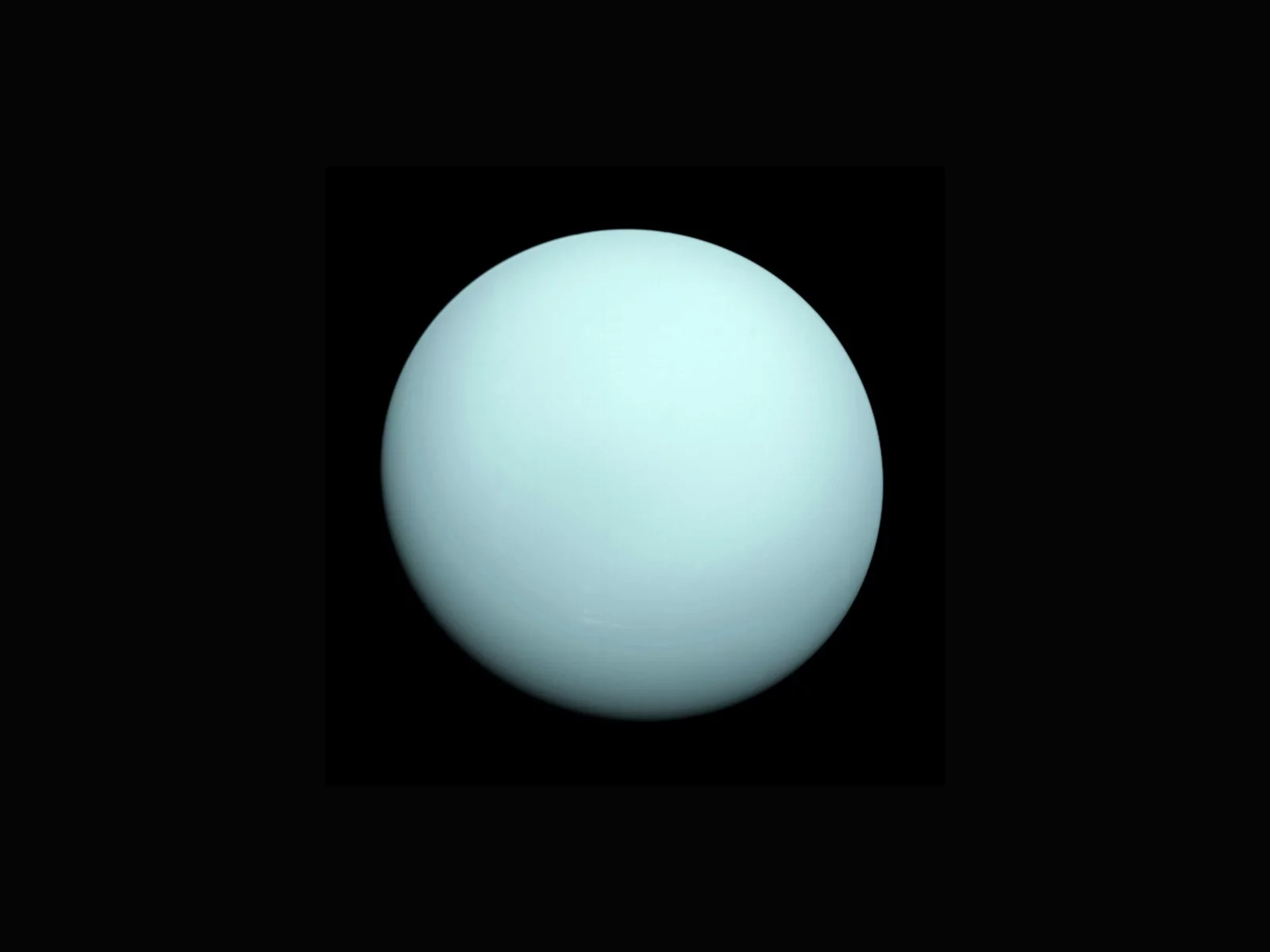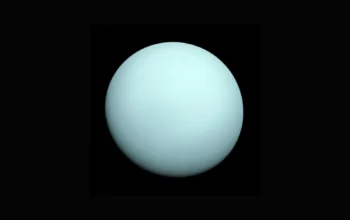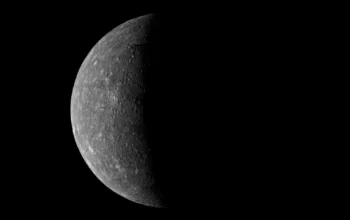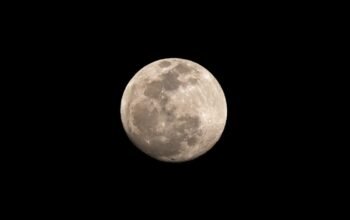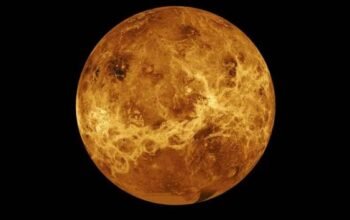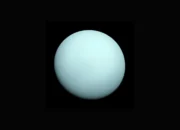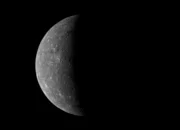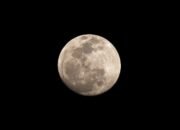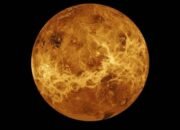middleportal.com – Uranus, the seventh planet from the Sun, is a fascinating celestial body that has captivated astronomers and space enthusiasts for centuries. In this article, we will explore some intriguing facts about Uranus and shed light on its unique characteristics.
Methane Gas Composition
One of the most notable features of Uranus is its composition, which includes a significant amount of methane gas. This gas gives Uranus its distinct blue-green color and contributes to its overall composition. The presence of methane gas also plays a crucial role in the planet’s atmospheric properties.
Not a Gas Giant
Contrary to popular belief, Uranus is not classified as a gas giant. While it does contain a considerable amount of gas, including hydrogen and helium, its composition is different from that of gas giants like Jupiter and Saturn. Uranus is often referred to as an “ice giant” due to its composition and the presence of elements such as methane and ammonia.
Unusual Sideways Spin
One of the most peculiar aspects of Uranus is its unique rotational axis. Unlike most planets in our solar system, which spin on an upright axis, Uranus spins on its side. This means that instead of rotating perpendicular to its orbit, Uranus rotates almost parallel to the plane of its orbit. The exact reason for this unusual tilt remains a subject of scientific study and speculation.
A Multitude of Moons
Uranus is home to an impressive number of moons. In total, it has 27 known moons, each with its own distinct characteristics and features. Some of the most notable moons include Titania, Oberon, Umbriel, Ariel, and Miranda. These moons provide valuable insights into the dynamics and evolution of Uranus and its surrounding environment.
Discovery by William Herschel
Uranus was first discovered by the British astronomer William Herschel in 1781. Herschel, while observing the night sky, noticed a celestial object that appeared to be a star but exhibited unusual movement. After careful observation and analysis, Herschel concluded that he had discovered a new planet, which was later named Uranus in honor of the ancient Greek god of the sky.
Conclusion
Uranus, with its methane-filled atmosphere, unique sideways spin, and numerous moons, continues to intrigue scientists and space enthusiasts alike. Its discovery by William Herschel marked a significant milestone in our understanding of the solar system. As we continue to explore and study Uranus, we uncover more secrets about this enigmatic planet, expanding our knowledge of the universe we inhabit.
